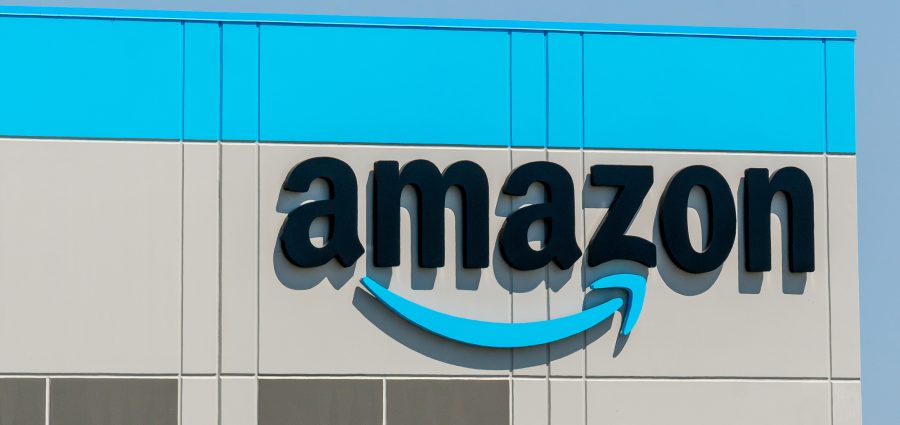Amazon has been the elephant in the wholesale distribution room ever since the eCommerce behemoth began expanding beyond selling books and music CDs in the late 1990s, and especially ever since AmazonSupply (now Amazon Business) was launched in 2012.
From then and through today, the company has never quite fit the definition of a distributor due to its marketplace business model which is unique compared to traditional distributors which rely on a physical branch network. It’s why MDM opted to not include Amazon Business on our 2023 Top Distributors Lists after doing so from 2018-2022, including ranking it as No. 2 in 2022.
But Amazon’s designation may soon change — at least by government standards — thanks to a federal order in the works.
Citing people familiar with the matter, the Wall Street Journal reported Feb. 1 that the U.S. Consumer Product Safety Commission (CPSC) is preparing an order that could classify Amazon’s online retail business as a distributor of goods. Such a designation, according to WSJ, could task Amazon with the same safety responsibilities as traditional retailers and expose the company to lawsuits and extensive recalls over items sold through its eCommerce platforms.
Amazon has long fought the distributor classification, citing its unique business model for online sales. While some of the goods Amazon sells come from its own inventory like brick-and-mortar retailers do, nearly two-thirds of sales on Amazon.com are by third-party sellers.
On the safety front, Amazon’s key argument is that for third-party sales, the company is merely the platform those sellers and buyers use and therefore Amazon isn’t responsible for upholding the quality and safety of products sold by outside vendors on its website.
But according to one of the people familiar with the matter who briefed the WSJ, the CPSC’s order could negate those Amazon arguments, as well as those from other marketplaces and technology firms that are similarly structured.
For the order to advance, a majority of the CPSC’s four current commissioners would have to vote in its favor. The report didn’t state when the vote is expected to happen.
“Safety is important to Amazon, and we want customers to shop with confidence in our store,” an Amazon spokesman told the WSJ in the Journal’s report. “The company takes steps to prevent suspicious or noncompliant products from being listed, monitors products for safety concerns, and removes products when appropriate and notifies the companies and government agencies involved.”
The CPSC sued Amazon in 2021 for distributing unsafe products from third-party sellers on its website through Fulfillment by Amazon. At the time, Amazon’s rebuttal to the commission argued that the agency didn’t have legal ground to make such claims because Amazon was acting as a marketplace and a third-party logistics provider rather than a distributor.
An administrative law judge sided with the commission, saying Amazon did have distributor status and thus safety responsibility. Amazon appealed, which has led to the CPSC’s pending vote.
Amazon reported its 2023 fourth quarter and full-year financial results on Feb. 1, showing that 4Q sales increased 14% year-over-year to $170 billion while the company netted $10.6 billion in total profit. The company’s total 2023 sales reached $575 billion, up 12% vs. 2022, with a net profit of $30.4 billion flipping 2022’s $2.7 billion net loss.
As expected, the company did not break out specific results for its Amazon Business unit.
According to research firm eMarketer, Amazon comprises nearly 40% of all eCommerce in the U.S.
Related Posts
-
In 2024, Amazon's fees will amount to an average increase of 15 cents per unit…
-
Paused early in the COVID-19 pandemic, the service could place Amazon as a direct competitor…
-
Amazon said the service will help sellers keep products in stock, ship faster and more…





